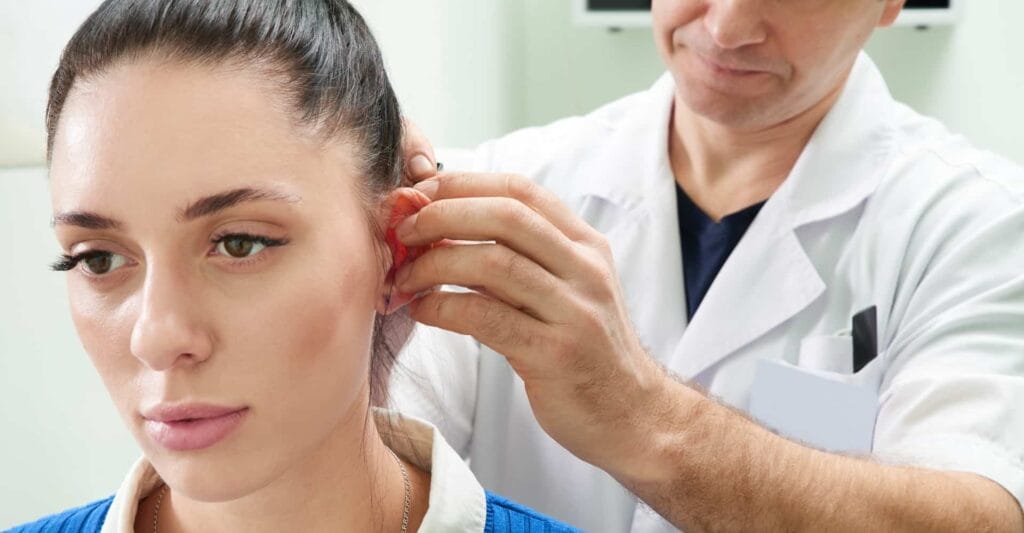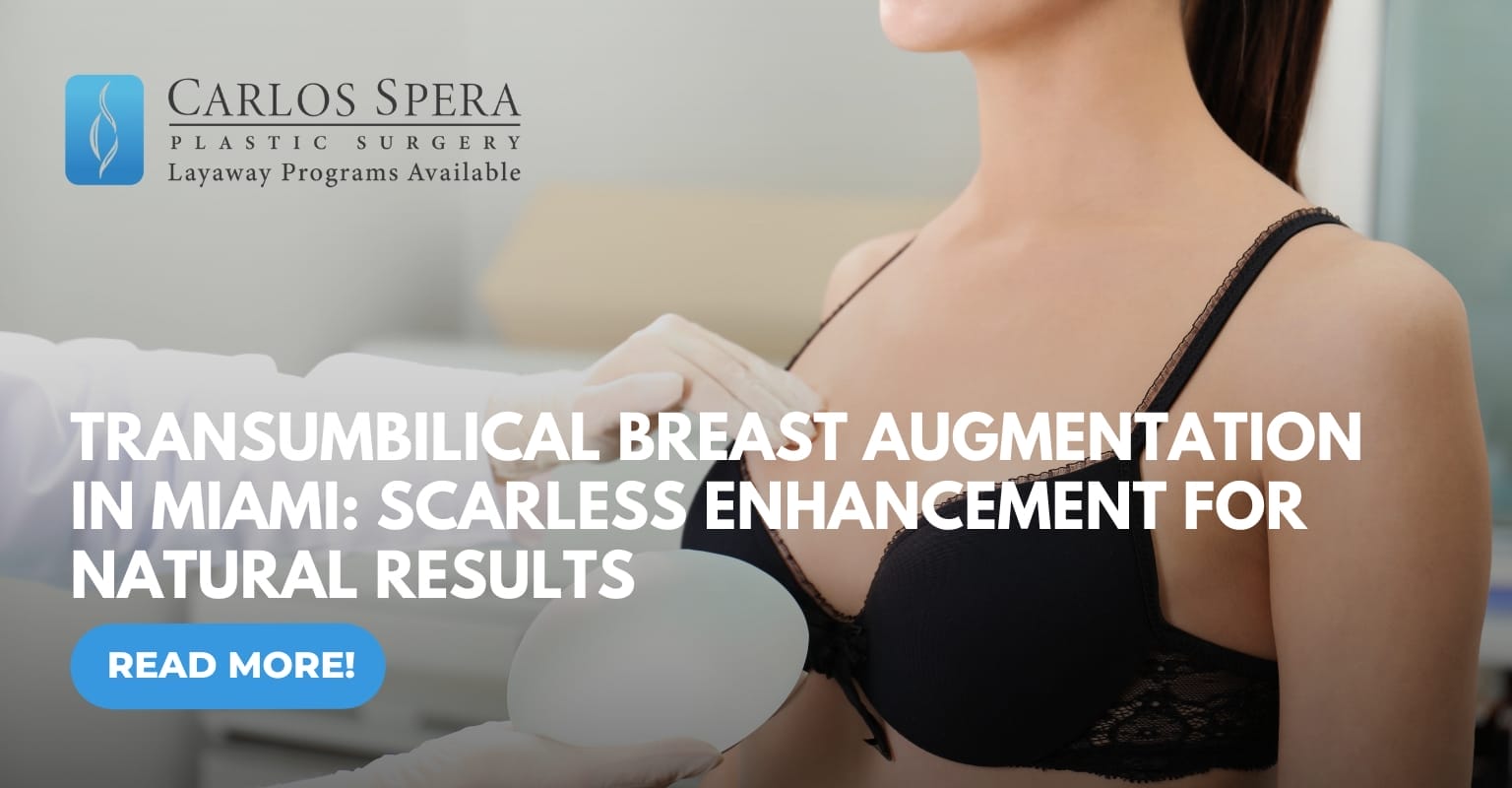Otoplasty involves the reshaping or reshaping of the outer ear, or pinna, to correct an abnormality and improve the appearance and function. A typical ear is around two centimeters apart from the side of the head. However, it is annoying to some people if the ears are larger than they should be. An otoplasty or ear surgery may also be appropriate for those with damaged ears or congenital anomalies. Using this method, you can build up or repair the outer ear, resulting in a better appearance.
Certain patients and parents might be concerned regarding pain or discomfort, or about how long it will take for their child to recover. When you meet with your otoplasty surgeon for your preliminary consultation, you will be able to eliminate any misconceptions and get all your questions answered. But if you are thinking of getting your child or yourself an otoplasty, you should first learn about the recovery process to gain more insight on the fastest way to recover from it.
- Home
- About Us
- Breast
- Body
- Face
- Tempsure Envi
- Deep Plane Facelift
- Rhinoplasty
- Ultrasonic Rhinoplasty
- Septoplasty
- Facelift (Rhytidectomy)
- Blepharoplasty (Eyelid Surgery)
- Otoplasty (Ear Surgery)
- Mentoplasty (Chin Implants)
- Endoscopic Brow Lift
- Smartgraft FUE Hair Transplant
- Hair Transplant Surgery
- Non-Surgical Treatment of Alopecia
- Rhinophyma
- Dermal Fillers
- Neck Lift
- Skin
- Home
- About Us
- Breast
- Body
- Face
- Tempsure Envi
- Deep Plane Facelift
- Rhinoplasty
- Ultrasonic Rhinoplasty
- Septoplasty
- Facelift (Rhytidectomy)
- Blepharoplasty (Eyelid Surgery)
- Otoplasty (Ear Surgery)
- Mentoplasty (Chin Implants)
- Endoscopic Brow Lift
- Smartgraft FUE Hair Transplant
- Hair Transplant Surgery
- Non-Surgical Treatment of Alopecia
- Rhinophyma
- Dermal Fillers
- Neck Lift
- Skin






